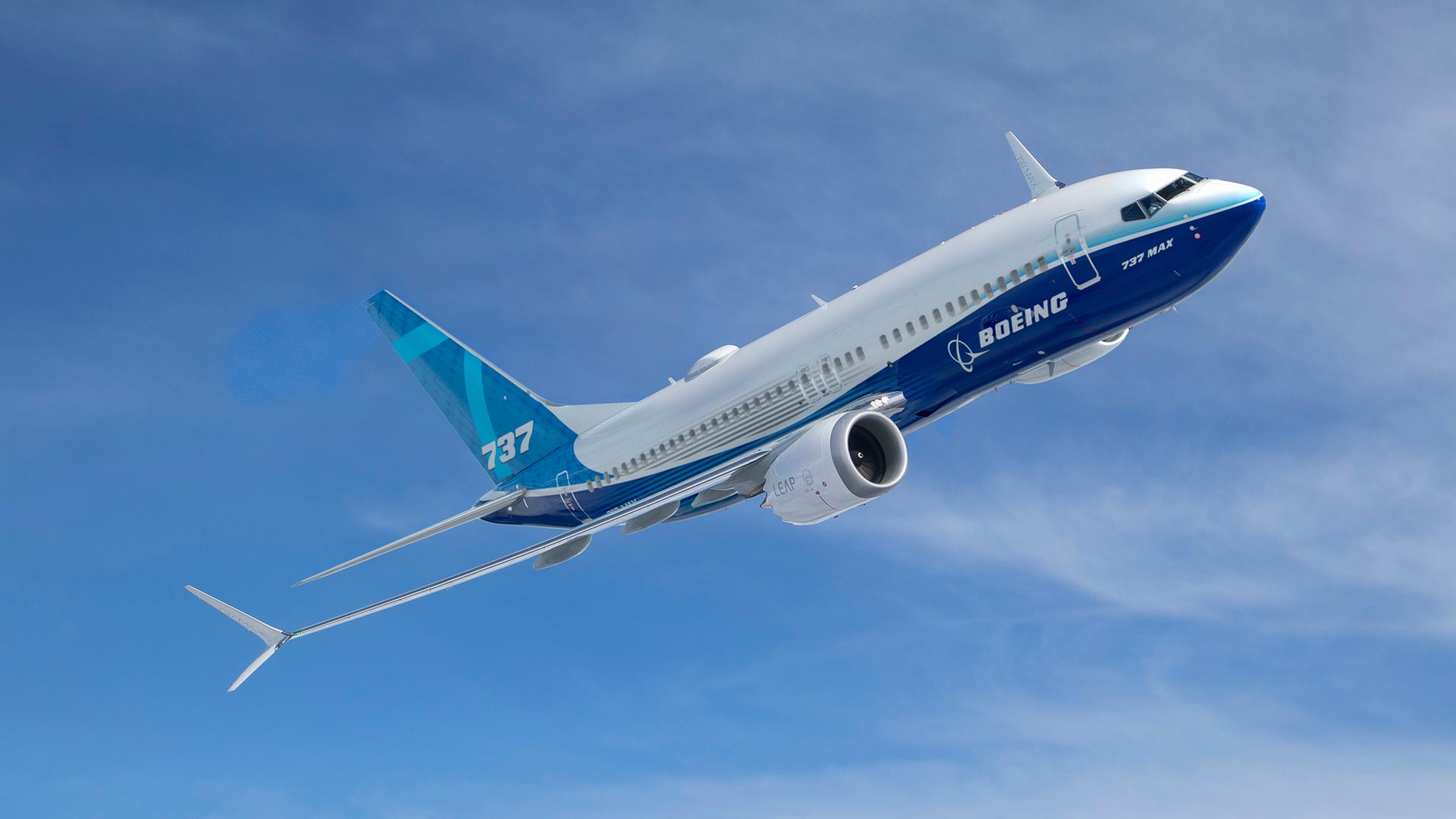Boeing’s problems with the 737 aircraft family does not seem to be ending as 737 MAX and the 737 NextGeneration (NG) military derivative, the P-8 Poseidon are found to be affected by another manufacturing quality issue. The issue was first reported by Air Current, which stated that Boeing had identified a potentially widespread manufacturing quality issue on the aft pressure bulkhead of the 737 and MAX. Holes used to insert fasteners were found to be mis drilled and misaligned.
Spirit AeroSystems confirmed that its 737 fuselages, shipped from its Wichita facility have been affected by a problem involving elongated fastener holes on the aft pressure bulkhead.
In a statement, Spirit AeroSystems said: “We are aware of a quality issue involving elongated fastener holes on the aft pressure bulkhead on certain models of the 737-fuselage produced by Spirit AeroSystems. Because Spirit uses multiple suppliers for the aft pressure bulkhead, only some units are affected. Spirit will continue to deliver units to Boeing.”
According to Reuters, the issue is limited to a small number of MAX 8s only.
“Spirit has implemented changes to its manufacturing process to address this issue. We are working closely with our customer to address any impacted units within the production system and address any needed rework. Based upon what we know now, we believe there will not be a material impact to our delivery range for the year related to this issue,” the statement further read.
Boeing added that there is no immediate safety of flight concern associated with this issue for the 737 fleet and that the in-service fleet may continue to operate.
Boeing is targeting about 400-450 deliveries of the 737 and MAX this year.
The rear pressure bulkhead is a crucial part of an aircraft allowing passenger cabin to be pressurized. Manufacturing or other flaws could endanger the structural integrity of the bulkhead, resulting in cracks.
This is the second manufacturing problem to affect the Boeing 737 MAX and the P-8 Poseidon.
In April 2023, Spirit AeroSystems discovered that a non-standard manufacturing process was used when joining the aft fuselage and the vertical tail fittings of certain 737 MAX and P-8 Poseidon fuselages. The 737 MAX 9 was not affected.
